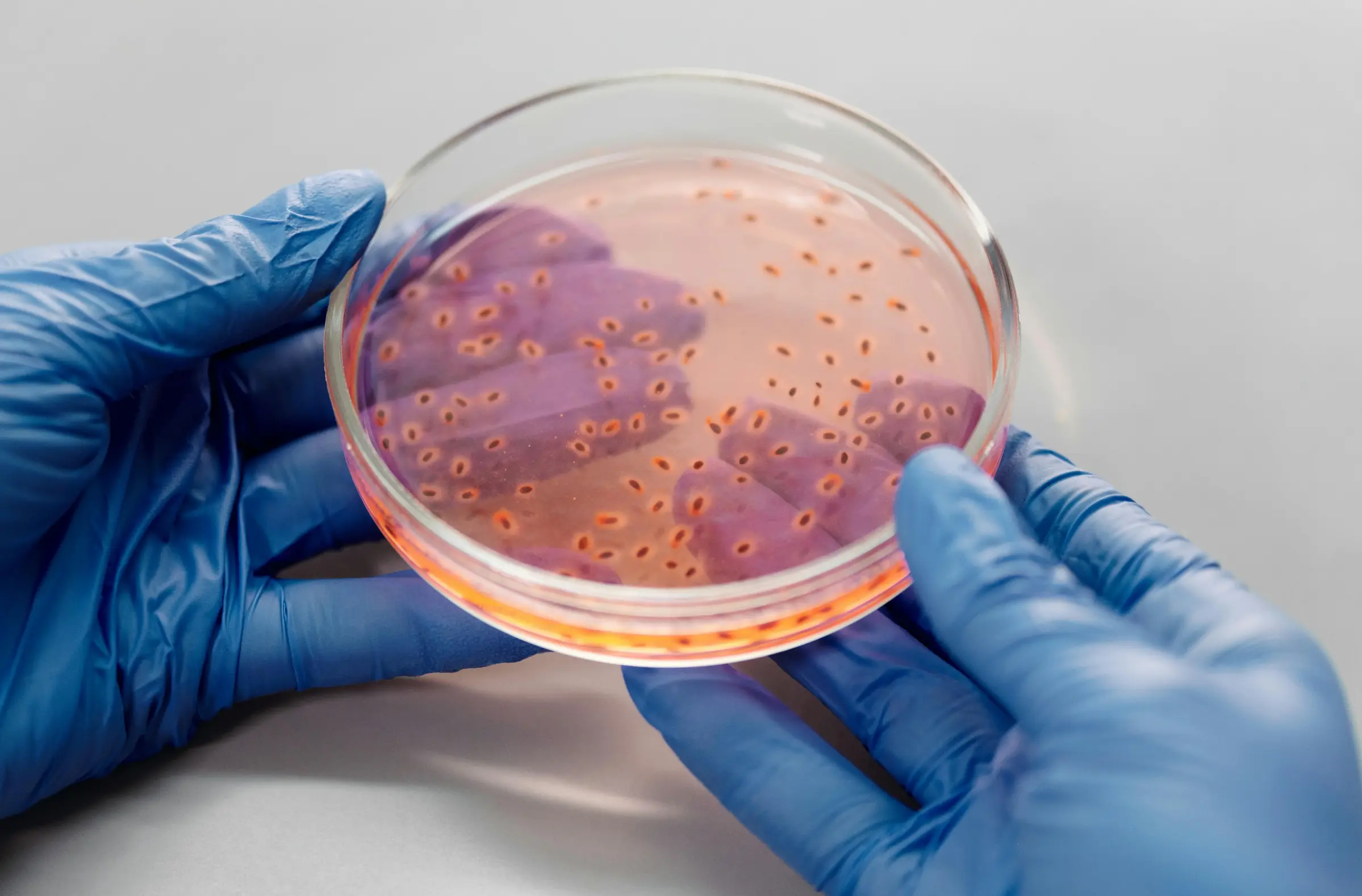Selenium — The Underrated Mineral: Immune System, Fertility & Thyroid Health
Selenium plays a crucial role in several of the body's most important functions but is often forgotten. Learn why selenium is needed for immune system, fertility and thyroid — backed by scientific research.

Introduction
How often do you think about the harness?
This mineral has significance for several key functions in the body, but is relatively unknown to many.
Selenium affects the immune system and fertility as well as the function of the thyroid gland. Here's why selenium is important — and the science behind it.
What is selenium and why is it important?
Selenium is an essential trace element.
The body needs it, but cannot produce it itself.
Both the WHO and Swedish authorities stress the importance of selenium in the diet, especially since Nordic soil is naturally low in selenium.
Selenium acts, among other things, as part of several antioxidant systems.
These help cells protect themselves against so-called oxidative stress, a process that in the long run can otherwise negatively affect the functions of the body¹.
Selenium and the immune system
The various parts of the immune system need selenium to function normally.
Selenium is part of enzymes that protect cells against free radicals and contribute to the regulation of the immune system².
Studies show that too low levels of selenium can be linked to a weaker immune system and poorer response to infections².
In Europe, selenium deficiency may be more common than many people think, especially among the elderly and those who eat unilaterally¹.
Selenium and fertility
Selenium is important for fertility, both in women and men.
Several studies have shown that adequate selenium intake can positively affect sperm quality and also contribute to health during pregnancy³.
Selenium also supports the normal development of the foetus during pregnancy³.
Selenium and Thyroid Health
The thyroid gland needs selenium for the production and conversion of hormones.
Selenium is involved in the conversion of the thyroid hormone T4 into its active form T3₄.
Research has shown that selenium deficiency can impair the normal function of the thyroid gland¹ and therefore selenium is also often linked to metabolism.
What foods contain selenium?
The best sources of selenium are Brazil nuts, fish, seafood and eggs, among others.
But the amount varies depending on where the food was grown or produced. In Sweden, it can be difficult to cover the need through diet alone.
Do you need selenium as a dietary supplement?
Since Swedish soils often contain less selenium, supplements can be a complement, especially if you do not eat varied.
Relivo offers supplements with high bioavailability.
Remember to always follow recommended dosages, as too much selenium can have negative effects.
Tips to ensure selenium intake
- Eat varied and include selenium-rich foods in your diet.
- One to two Brazil nuts per day often provide enough, but be sure not to overdo the intake.
- Consider supplementation if you have special needs or eat vegan.
Summary
Selenium provides the body with the conditions for immune defense, fertility and thyroid health.
Science clearly shows why this trace element deserves more attention.
Take care of your selenium intake — it can have positive effects on both energy and everyday performance!
References
- The Finnish Food Authority: Selenium
- Rayman, M. P. (2012). Selenium and human health. The Lancet, 379 (9822), 1256-1268.
- Köhrle, J. (2013). Selenium and the thyroid. Current Opinion in Endocrinology, Diabetes and Obesity, 20 (5), 441-448.
- WHO: Selenium in human health and disease









